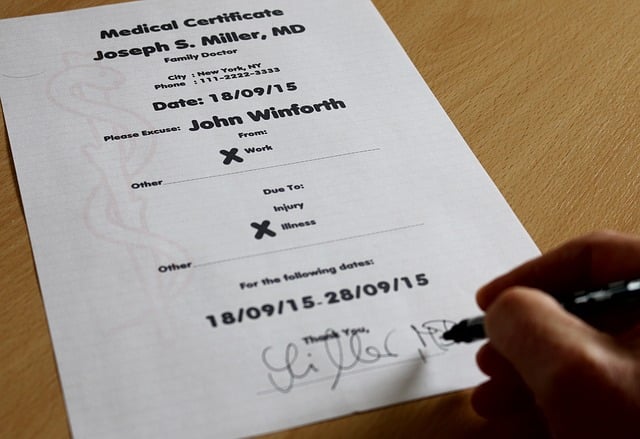In dynamic real estate market, proper documentation is cornerstone of secure transactions. Third-party verification process involves independent professionals scrutinizing property records, ensuring ownership, valuation, and compliance, building trust & minimizing risks. Evolving digital era brings streamlined solutions through online documentation, blockchain technology, smart contracts, enhancing efficiency & transparency in real estate deals.
In the dynamic realm of real estate, seamless transactions hinge on robust documentation and verification processes. This article delves into the critical aspects of these requirements, exploring how they safeguard integrity in deals. We dissect the intricate needs of real estate transactions and uncover the pivotal role played by third-party verification in fostering trust and accuracy. Additionally, we highlight modern solutions that streamline this process, ensuring efficiency and security for all stakeholders involved.
Understanding Documentation Needs in Real Estate Transactions

In the realm of real estate, documentation plays a vital role in ensuring transactions are secure and legally sound. Understanding the specific documentation needs is crucial for both buyers and sellers to navigate the intricate process smoothly. Every real estate deal involves a unique set of requirements, from property ownership proof to financial disclosures, all of which serve as safeguards for all parties involved.
Effective documentation allows for third-party verification, further fortifying the integrity of the transaction. This includes verifying the identity of buyers and sellers, examining title histories, and ensuring compliance with local regulations. Such meticulous documentation not only facilitates a faster closing process but also minimizes potential disputes, making it an indispensable aspect of the real estate market.
The Role of Third-Party Verification: Ensuring Trust and Accuracy

In the competitive and often complex world of real estate, establishing trust and credibility is paramount for both buyers and sellers. This is where third-party verification plays a pivotal role. It involves independent professionals who scrutinize various aspects of a property’s history and current state, from legal documents to physical condition. By leveraging their expertise, potential investors or homeowners gain assurance that the information they’re relying on is accurate and reliable, reducing risks associated with inaccurate data or fraudulent practices.
Third-party verification processes in real estate can cover a wide range, including verifying ownership records, assessing property value, examining legal documents for compliance, and even checking historical maintenance records. This multi-faceted approach ensures that every detail is cross-checked, fostering confidence among all stakeholders involved in the transaction. Ultimately, it helps maintain the integrity of the market, protects investors, and facilitates smoother, more secure real estate deals.
Streamlining the Process: Modern Solutions for Efficient Verification

In today’s digital age, the traditional third-party verification process in real estate is undergoing a much-needed transformation. Streamlining this crucial step is essential to enhance efficiency and reduce time delays. Modern solutions offer innovative approaches to document management and data validation, ensuring a smoother experience for all stakeholders involved.
Digital platforms and blockchain technology are revolutionizing how verifications are handled. These tools enable secure online documentation, automatic data cross-referencing, and instant verification checks. For instance, smart contracts can facilitate transparent and efficient transactions by verifying property ownership and legal documents in real time, eliminating the need for lengthy manual processes often associated with traditional methods.






